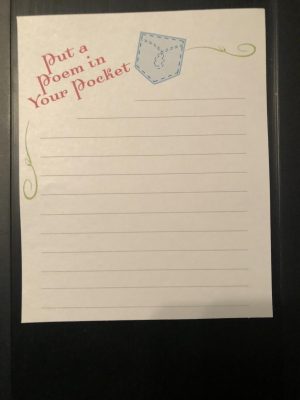As the title of his 1918 memoir suggests, Rutledge took life at Hampton as his literary subject, but to his national audience he spoke as the ambassador for an increasingly anachronistic Deep South. When treating the abundant natural beauty and wildlife of the Santee River delta, Rutledge crafted lyrical, engaging prose, but his homespun depictions of “my black henchmen” and their “happy blending with the plantation landscape” reflected what one colleague described as his “unreconstructed views on white supremacy.” Rutledge wore the mantle of planter paternalism, a habit of mind mirrored in his alternate reverence and ridicule of the black men and women he “inherited” at Hampton. Home by the River (1941) and God’s Children (1947) are particularly noteworthy for this tendency, which Rutledge dis- cussed under the rubric of “dusky dilemmas.”
Rutledge retired from Mercersburg Academy in 1937 and returned to Hampton, which he had inherited from his father in 1923. With the help of the plantation’s black laborers, he lovingly restored the house and grounds, which once had played host to Francis Marion and George Washington. Rutledge died on September 15, 1973, at Little Hampton, his home in McClellanville. He is buried with his sons Archibald Jr. and Henry Middleton at Hampton Plantation, which he bequeathed to the state of South Carolina. Located sixteen miles south of Georgetown on U.S. Highway 17, it is open to the public as Hampton Plantation State Historic Site. In 1999, Rutledge was posthumously inducted into the South Carolina Academy of Authors.
Samples of his poems can be found at:
https://www.azquotes.com/author/25198-Archibald_Rutledge


